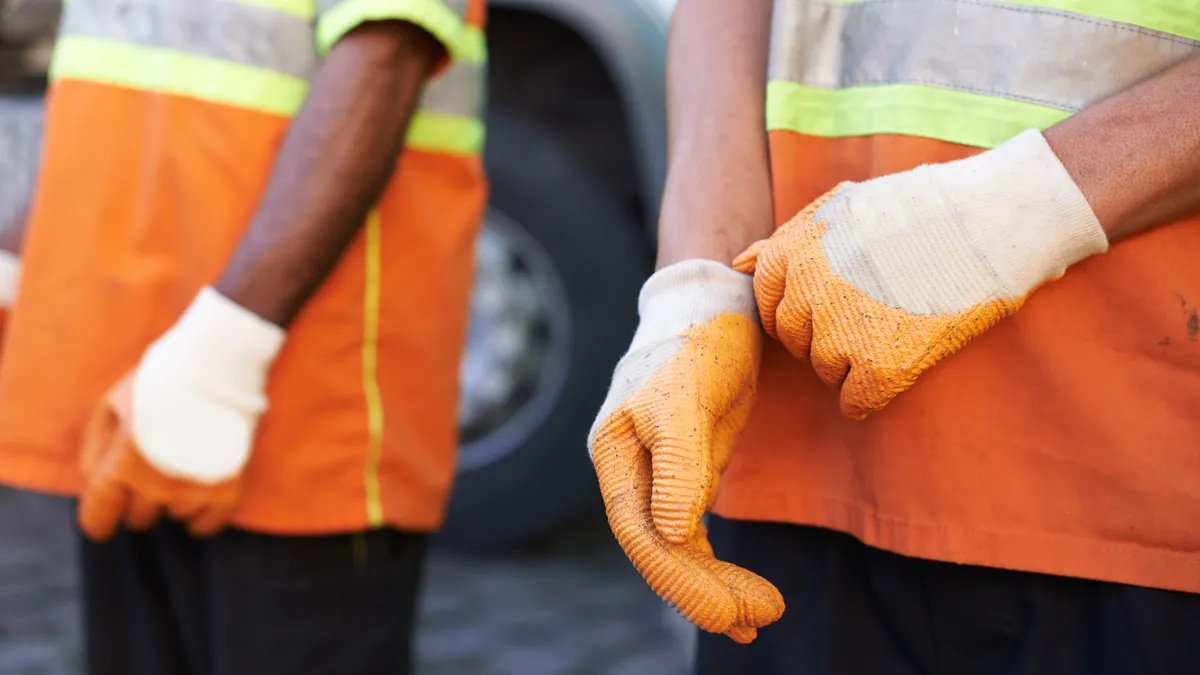A Waste Pro facility in Florida and several GFL Environmental locations in Georgia are the subject of two separate workplace discrimination lawsuits from the U.S. Equal Employment Opportunity Commission.
The EEOC announced on Tuesday it has sued Waste Pro of Florida for racial harassment and retaliation at its Jacksonville, Florida location, saying the company “subjected Black employees to racist slurs and then retaliated against them for complaining about the behavior.”
Separately, the EEOC announced last week that it had also filed a lawsuit against GFL Environmental and related locations for sex discrimination. It alleges that several companies run by GFL in Georgia, including Waste Industries and TransWaste locations, have routinely refused to hire women for driver roles since at least 2016.
Waste Pro harassment complaint
According to the EEOC complaint, two Waste Pro employees at its Jacksonville location regularly used racial slurs in front of Black employees. In some instances, the workers told a Black Haitian American to “go back to Haiti” and made other discriminatory remarks. The EEOC alleges the slurs and harassment happened on a “nearly daily basis” and was often done in the presence of other workers.
The targeted employee reported the harassment several times to supervisors starting in December 2021, but no corrective action was taken until March 2022 when a maintenance manager formally notified human resources, according to the complaint.
The worker who filed the complaint asked HR not to reveal his identity because he did not want to be the subject of retaliation from the two main co-workers who were harassing him. However, according to the complaint, HR disclosed his name to the two workers.
Just before a meeting where HR planned to discuss the discrimination issue with the full maintenance staff, the targeted employee found a stuffed monkey waving an American flag in his work area, according to the EEOC. He reported the incident but said nothing was done.
In the weeks following the meeting, he said his harassers locked away necessary equipment so he couldn’t access it, refused to communicate with him about repair schedules and made sure he was left with the most difficult assignments, according to the EEOC complaint. Waste Pro did not take corrective action when the worker notified supervisors about these issues, and the employee resigned because he did not believe the company would intervene, the EEOC stated.
Amy Shay, a lawyer with Stovash, Case, Shay & Pearce, the firm representing Waste Pro, said the company “acted appropriately” when investigating the harassment and taking corrective action. Waste Pro “prides itself on treating its employees fairly and professionally and plans to vigorously defend itself against these allegations,” Shay said in an email.
Waste Pro has a diverse workforce with “many career employees who stay with the company because the environment is a positive one,” she said.
GFL, Waste Industries and TransWaste sex discrimination claim
The EEOC has also filed a lawsuit claiming GFL, and its subsidiaries Waste Industries and TransWaste Services in Georgia, unlawfully refused to hire women as truck drivers. According to the complaint, multiple women applied for truck driver positions at company locations throughout the state, but despite being qualified for the roles, they “were systematically denied the positions in favor of less qualified male applicants,” EEOC said in a statement. GFL did not respond to a request for comments.
During the application and interview process, female applicants “were subjected to derogatory comments about their feminine appearance,” asked why they would “want a man’s job” and were asked if they could lift the trash bins and handle the strong odors and getting dirty. The EEOC claims the company has been discriminating against female applicants in this way since at least 2016.
The EEOC is asking the company to change its hiring policies and practices “to ensure these employers’ future hiring policies and practices are free from unlawful bias against women,” said Marcus Keegan, regional attorney for the EEOC’s Atlanta District Office, in a statement.















